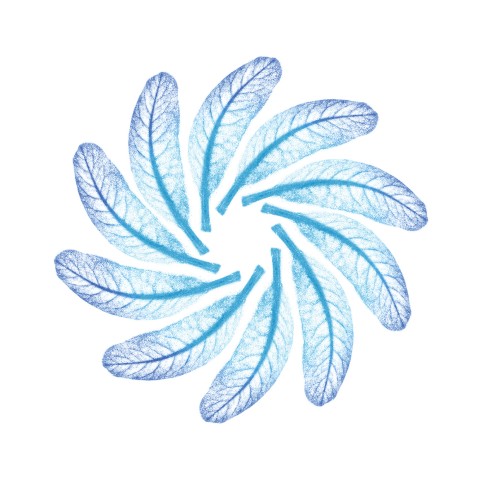
Children and young people are accepted, respected and connected
This means:
- they feel accepted, respected and valued at home, school, in the community and online
- they feel manaakitanga: kindness, respect and care for others
- they live free from racism and discrimination
- they have stable and healthy relationships
- they are connected to their culture, language, beliefs and identity including whakapapa and tūrangawaewae.
Children and young people in New Zealand want to live in a country where culture and diversity is not just accepted, but embraced and celebrated in all environments.
Children and young people need safe spaces and time to explore and establish their identities. It’s important that they’re accepted for who they are without having to fit into narrow and limiting norms. A strong and positive sense of identity builds higher self-esteem and resilience - knowing your heritage helps you understand your identity, connections to others and sense of place, land and time.
To be accepted. To be understood and taken seriously. It’s important because it gives you confidence in your uniqueness.
Focus and key actions
Everyone deserves to see their culture and identity celebrated in positive ways. We want to build cultural competency into the design and delivery of services, and promote a society where all children and young people feel accepted and included.
Our current work programme includes:
- Addressing racism and discrimination
- Increasing a sense of belonging and cultural connection
- Encouraging positive and respectful peer relationships
Indicators
Indicators are used to measure the outcomes in the most direct and simplest way possible. The specific indicators that are relevant to this outcome are:
- Ability to be themselves
- Sense of belonging
- Experience of discrimination
- Experience of bullying
- Social support
- Support for cultural identity
- Languages
You can learn more about these measures on the Indicators page.